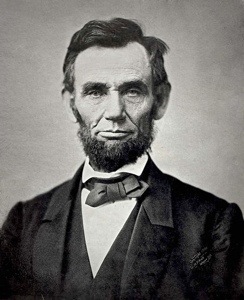Shock and Awe (Revelation 4:2–6)
Who is the God Jesus Christ invites us to worship? Several years ago, J. B. Phillips wrote a helpful little theology primer with the title, Your God Is Too Small. In the first half of that book, he exposed numerous “inadequate conceptions of God which still linger unconsciously in many minds,” including God as a “resident policeman,” “parental hangover,” “grand old man,” “managing director,” “and pale Galilean.”[i] More recently, in Habits of the Heart, Robert Bellah and his colleagues told the story of a woman named Sheila, who said: “I believe in God. I’m not a religious fanatic. I can’t … Continue reading Shock and Awe (Revelation 4:2–6)

